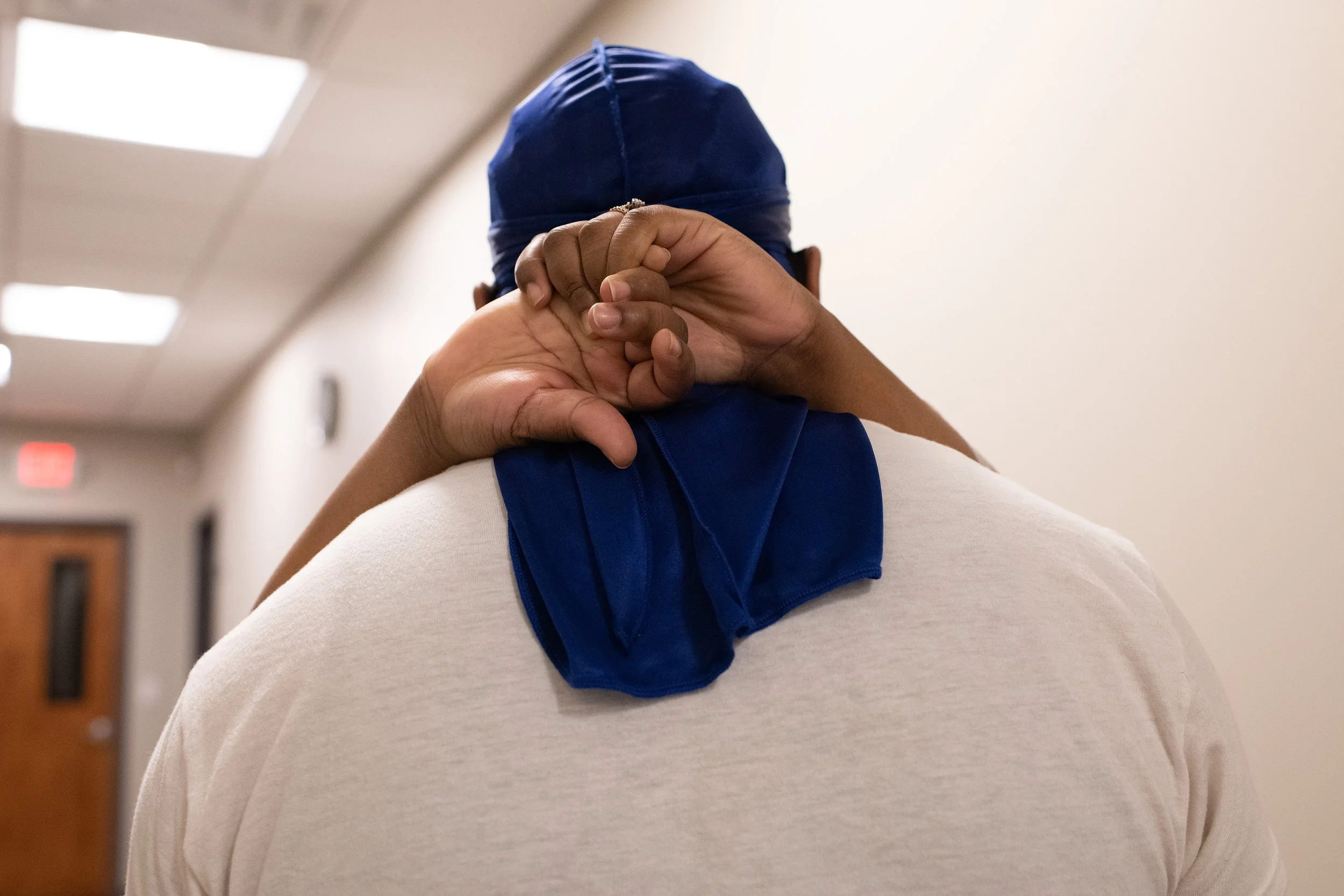Open Call: Health Equity in the United States
Alice Proujansky, “Why Black Women Are Rejecting Hospitals in Search of Better Births” produced with support from the Magnum Foundation
This summer, Magnum Foundation is supporting photographic projects on health equity in the United States, to be published in The Atlantic with support from The Commonwealth Fund.
About the Program
In the United States, longstanding structural racism and economic oppression in public policy and institutional practices has created disparities across almost all health outcomes, including life expectancy. Health equity means that, instead of these deeply entrenched disparities, everyone has a fair and just opportunity to be as healthy as possible.
The aim of this partnership is to visualize health equity issues in the United States through the lenses of independent, diverse, community-based, and innovative storytellers. We hope to support projects that investigate the social, political, and economic systems that perpetuate these issues; highlight community based solutions; and celebrate communities that persevere and thrive.
Program Details
This initiative will select up to eight photographic stories on health equity in the United States to receive project development grants (of amounts beginning at $5,000) and be published online by The Atlantic.
Selected participants will receive mentorship, as well as editing support from Magnum Foundation and The Atlantic. We will consider proposals at all stages of development, from ideas to complete bodies of work. Applicants using multimedia tools are welcome to apply. Final work submitted to Magnum Foundation and The Atlantic will be required to include images with caption information and any additional multimedia assets. Writers selected by The Atlantic will create short written pieces to accompany those visual stories that require additional context.
All final decisions on the publication of grantee projects in The Atlantic will be made by The Atlantic editorial team. We do not guarantee that all grantee stories will be published in The Atlantic.
Guiding Questions
We are looking for applicants who take these questions into consideration in their working process:
How can a story-making process promote healing, health, community and wellbeing?
Given the discriminatory histories of photography and medicine, what could anti-racist and inclusive approaches to storytelling on health equity look like?
What are alternative models for navigating the complex power dynamics involved in storytelling about people experiencing trauma?
How can photographers honor stories that are personal and private?
How can specific stories shed light on large problems, reveal social patterns, and contextualize collective experiences?
How can a story that has been told over and over again, gain renewed attention?
What are creative ways to reveal big ideas and challenge assumptions? How can visual stories raise questions without necessarily offering resolutions?
Potential Topics
Health equity is a broad concept and thus many potential topics and themes could be included. We present some examples here, but please do not limit your vision by what is listed.
Structural and social determinants of health:
Structural racism
Economic stability (e.g. medical debt; employment opportunities)
Education access and quality
Health care access and quality (e.g. trauma informed care; indigenous healing practices; mental health care access; dignity and respect in healthcare settings)
Neighborhood and built environment (e.g. environmental racism; green space; substandard housing; the climate crisis; food apartheid)
Social and community context (e.g. gun violence; social connectedness)
Political determinants of health:
Voting access
Policy (e.g. abortion access; anti-trans legislation; health care access for immigrant and refugee communities)
Community-led organizing (e.g. disability activism)
Disparities in specific health outcomes:
Racial inequities in maternal and infant health
Disparities in the ongoing impacts of Covid-19
Substance use disorder
How to Apply
To apply, photographers should submit their story pitches and samples of prior work through Magnum Foundation’s Submittable platform by July 19th 11:59pm ET. Selected applicants will be notified by August 1st.
Grantees will be selected for this initiative via a hybrid nomination and open call process. We are doing this because we believe that nominations will help us reach beyond the range of our immediate network and introduce us to photographers who would not normally receive news about our grant opportunities or see themselves as potential grantees of the Magnum Foundation.
A committee made up of Magnum Foundation and The Atlantic staff will select projects to receive funding.
All are welcome to apply. We encourage applications from: Black, Indigenous, Latinx, and Asian individuals; individuals who are part of racial, ethnic, or religious minority groups; women; gender non-conforming individuals; LGBTQI+ individuals; individuals living with a disability; and other individuals whose authorship has historically been undersupported or underrepresented within the field of documentary photography. There is no required training, educational degree, or level of experience to apply.
Applications must be submitted in English. If you need translation support or have any other questions regarding the application process, please email submissions@magnumfoundation.org.

